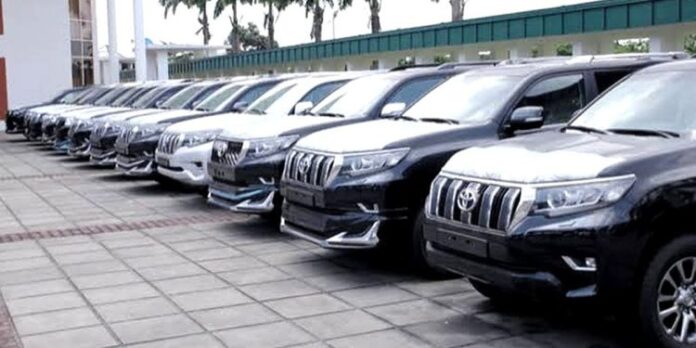Recent statements by certain vehicle import groups regarding the opening of Sri Lanka’s vehicle import market have caused significant controversy.
These groups, making bold claims on national news, have been criticized for influencing market conditions without waiting for official government announcements.
Virann De Zoysa, Chairman of the Ceylon Motor Traders Association (CMTA), emphasized that such actions disrupt the market and could lead to fluctuating prices for used vehicles.
He urged accountability for such irresponsible remarks, which he believes could harm both vehicle owners and the industry.
De Zoysa explained that the CMTA advocates for a balanced policy that maximizes government revenue, reduces foreign exchange outflow, and ensures that high-quality vehicles are imported.
He highlighted concerns over proposals to allow the import of vehicles up to 7 years old, fearing that such vehicles, which would be older than many currently in the country, could require costly repairs.
He stressed that a more effective approach would involve revising tax policies to make vehicles more affordable without compromising quality.
Meanwhile, Indika Sampath Merinchige, President of the Vehicle Importers Association of Lanka (VIAL), revealed that vehicle importers are prepared to resume imports by February, pending government approval of lifting the personal vehicle import ban.
Although the new government has yet to confirm the specifics, there is a strong indication that it will follow the framework laid out by the previous administration, which sought to ease restrictions on imports gradually.
Deputy Minister of Economic Development, Anil Jayantha, clarified that the government will allow imports in phases, focusing on commercial vehicles first, based on the country’s foreign exchange reserves.
He noted that the government is committed to a gradual adjustment, with a phased introduction starting in early 2025, ensuring stability and avoiding market destabilization.
The Governor of the Central Bank of Sri Lanka (CBSL), Nandalal Weerasinghe, echoed the previous administration’s stance, affirming that the financial conditions influencing the decision to lift the ban remain stable.
While the official timeline for personal vehicle imports is set for February 2025, the final decision will depend on the Ministry of Finance’s assessment of economic conditions.
Additionally, new regulations aim to prevent bulk imports and hoarding by dealers, which could destabilize the market. A tax will be imposed on importers who fail to register vehicles within 90 days, with penalties for unregistered vehicles being sold.
Under the previous government’s import policy, three stages were outlined:
Stage 1 (October 2024): Imports of public transport, special-purpose vehicles, and non-motorized goods vehicles.
Stage 2 (December 2024): Commercial vehicles for goods transportation.
Stage 3 (February 2025): Personal-use vehicles like cars, SUVs, and pickups.
Key conditions of the policy include stricter environmental standards, prioritizing environmentally friendly vehicles and electric vehicles, and setting age limits for imports.
From October 2024, passenger and commercial vehicles will be restricted to a maximum age of five years, while special-purpose vehicles can be up to ten years old.
Additionally, an annual licensing system will regulate the market, ensuring contributions to the national tax system.
The evolving vehicle import landscape in Sri Lanka reflects a delicate balancing act between economic recovery, market stability, and consumer needs.
